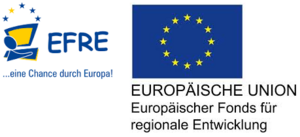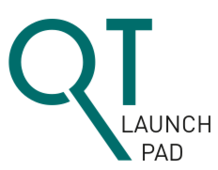
Research Departments
- Agents and Simulated Reality 3
- Augmented Vision 2
- Cognitive Assistants 22
- Cyber-Physical Systems 1
- Data Science and its applications 1
- Design Research eXplorations 1
- Educational Technology Lab 1
- Embedded Intelligence 3
- Institute for Information Systems 2
- Intelligent Analytics for Massive Data 9
- Multilinguality and Language Technology 110
- Robotics Innovation Center 2
- Smart Data & Knowledge Services 5
- Speech and Language Technology
Research Topics
- Data Management & Analysis 8
- Human-Machine Interaction 10
- Image Recognition & Understanding 2
- Language & Text Understanding 39
- Machine Learning & Deep Learning 17
- Other 1
- Sensors & Networks 2
Fields of application
- Environment & Energy 4
- Farming & Agricultural Technology 1
- Financial Sector 2
- Health & Medicine 14
- Industrie 4.0 4
- Knowledge & Business Intelligence 9
- Learning & Education 4
- Mobility 4
- Other 17
- Smart Home & Assisted Living 2
- Trade & Logistics 2
Displaying results 61 to 70 of 170.
Research Departments
- Agents and Simulated Reality 3
- Augmented Vision 2
- Cognitive Assistants 22
- Cyber-Physical Systems 1
- Data Science and its applications 1
- Design Research eXplorations 1
- Educational Technology Lab 1
- Embedded Intelligence 3
- Institute for Information Systems 2
- Intelligent Analytics for Massive Data 9
- Multilinguality and Language Technology 110
- Robotics Innovation Center 2
- Smart Data & Knowledge Services 5
- Speech and Language Technology
Research Topics
- Data Management & Analysis 8
- Human-Machine Interaction 10
- Image Recognition & Understanding 2
- Language & Text Understanding 39
- Machine Learning & Deep Learning 17
- Other 1
- Sensors & Networks 2
Fields of application
- Environment & Energy 4
- Farming & Agricultural Technology 1
- Financial Sector 2
- Health & Medicine 14
- Industrie 4.0 4
- Knowledge & Business Intelligence 9
- Learning & Education 4
- Mobility 4
- Other 17
- Smart Home & Assisted Living 2
- Trade & Logistics 2







